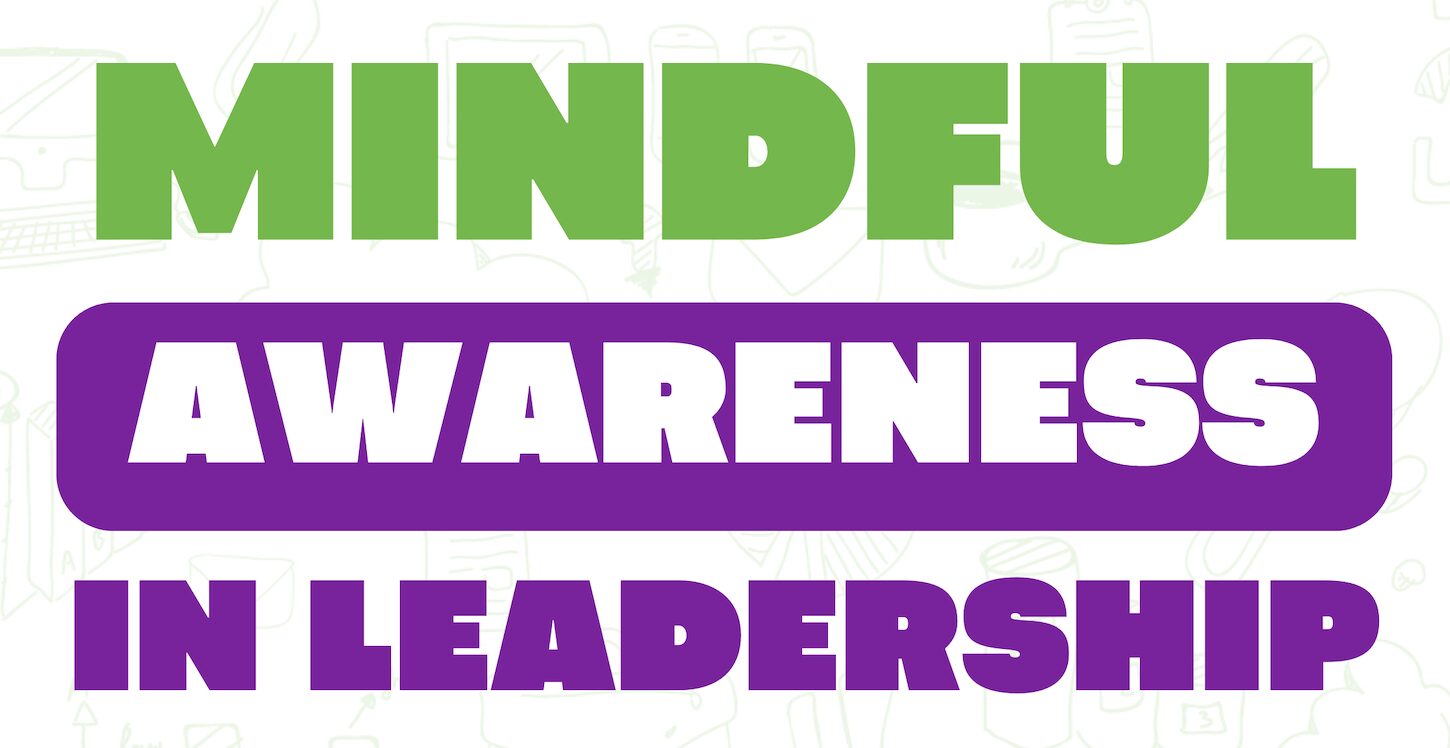Ep 024 with Stephen Burke

In the fast-paced world of modern business, effective teamwork is essential for success. But what happens when teams struggle to see eye to eye, and interpersonal conflicts threaten to derail progress? In this episode of What’s Possible, I had the pleasure of speaking with Stephen Burke, Senior Director of Professional, Executive, and Leadership Development and Client Capability Building at Mach49.
Stephen Burke is a seasoned professional in innovation, leadership development, and coaching skills programs. With a strong background in aerospace engineering, Stephen transitioned into coaching after realizing his passion for working with people. He brings a wealth of experience to his coaching practice, having served as a project manager and Airbus Internal Coach at Airbus, where he provided one-on-one coaching to team members of all levels.
Stephen joins me to share his pivotal “aha moment”, the nuances of team coaching, its distinctions from individual and peer coaching, and the transformative impact it can have on your organizational dynamics.
What is Team Coaching?
If you are a regular listener – or even if you are new here – you are probably familiar with the idea of “executive coaching”. You may even be on the precipice of taking the leap and getting some support to help you uplevel your leadership ability.
What you may not be as familiar with is team coaching. The number one takeaway that Stephen shares is that team coaching is different from individual coaching, and it has a specific use and value for optimizing a team’s dynamics, relationships and ability to achieve shared goals. He emphasizes understanding team coaching as focusing on the team as a relationship system or entity, rather than on individual members.
The key differences between team coaching and one-on-one coaching that Stephen discusses are:
- In one-on-one coaching, the individual client/coachee is the sole focus, while in team coaching the focus is on the team as an entity/relationship system.
- Team coaching sees the individuals as voices within the larger team system, rather than as separate individuals.
- The goal is to reveal and work with the team’s dynamics, relationships, decision-making approaches, conflicts etc. as a collective, rather than focus on any one person.
- It aims to help the team maximize its abilities and potential as a unit to achieve shared goals, rather than optimize separate individuals.
Creating Strategy Shifts
Stephen provides a compelling case study illustrating the power of team coaching in facilitating a strategy shift within an organization. By creating a safe space for senior leaders to voice their doubts and concerns, Stephen helps the team align on a new strategy and develop a communication plan. This example highlights the transformative impact of team coaching in fostering transparency, alignment, and trust within teams.
Stephen served as the Venture Coach and Coaching Practice Leader for Airbus BizLab, overseeing people development and executive training for startup teams within the global aerospace accelerator. As the Co-Founder of Lea_p Leadership, an experiential learning and development company, Stephen is dedicated to training others in organizational and relationship systems coaching (ORSC).

He holds a master’s degree in mindfulness studies from the University of Aberdeen, along with a degree in aerospace engineering from Glyndwr University, and is certified in ORSC.
Throughout the conversation, Stephen shares valuable techniques for optimizing team dynamics and productivity. From creating a team contract to visualizing positive behaviors, Stephen emphasizes the importance of building a strong foundation for collaboration and innovation. By leveraging somatic psychology and trauma therapy, Stephen helps teams navigate challenging situations and foster resilience in the face of adversity.
Actionable Steps to Maximize Team Coaching
Some tips Stephen offers for leaders interested in team coaching include:
- Create a team contract or agreement by discussing what environment the team wants to create together.
- Have team members create a “user manual” describing how they like to work and communicate preferences.
- Encourage visualization of positive behaviors the team wants to promote.
- Revisit the team contract regularly to see how behaviors can be improved.
- Consider specific team coaching training and certification to properly facilitate the process focusing on systems rather than individuals.
- Trust that revealing dynamics and tensions can lead to greater insights, alignment and innovation if given time and safety.
Team Coaching in Your World
Team coaching offers a powerful framework for maximizing team potential and driving organizational success. Through the insights shared by Stephen Burke, we gain a deeper understanding of the nuances of team dynamics, the importance of transparent communication, and the transformative impact of fostering a positive team culture.
As we continue to navigate the complexities of the modern workplace, embracing team coaching can be the key to unlocking untapped potential and achieving collective goals.
Want to have a deeper conversation about how to implement these steps? Send me a message, I’d love to hear from you!










